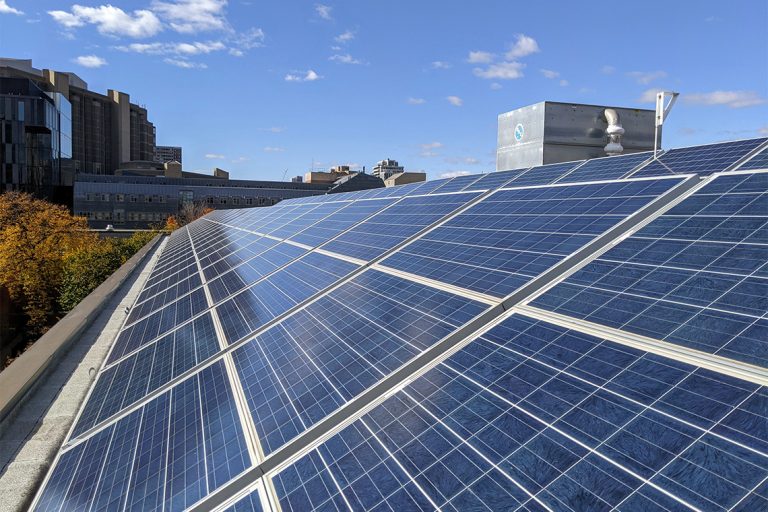In this ever-evolving world, it’s crucial that we acknowledge the impact of our everyday actions on the environment. One of the most effective ways to reduce our carbon footprint, which is a significant contributor to climate change, is by taking proactive steps towards sustainable living.
Besides partnering up with Iowa solar installers and driving an electric car, you can adapt your house with smart technology to reduce your footprint even further.
By integrating this technology into your daily life, you can significantly decrease your carbon footprint by being more energy efficient while enjoying the convenience of automation.
In this article, we will delve into the various ways smart homes can positively impact the environment and provide you with actionable steps to take toward a sustainable lifestyle.
What devices are available?
If you’re interested in reducing your energy consumption and lowering your carbon footprint, installing smart home devices is a great place to start. Smart home technology allows you to monitor and control your energy use, reducing waste and lowering bills.
By installing smart thermostats, for example, you can set your home to heat or cool only when you’re at home and adjust the temperature remotely from your phone. Smart lighting systems allow you to turn off lights automatically when you leave a room, and a smart shower gives you greater control over your water usage.
There are many different smart home devices available, and they can be purchased from various retailers or installed by a professional. Many devices are easy to install and use and can help you save money on your energy bills while reducing your carbon footprint.
Do an audit
Conducting a home energy audit is an important step towards reducing your carbon footprint and saving money on your energy bills. A home energy audit is a process that evaluates your home’s energy use and identifies areas where you can improve efficiency and reduce waste. You can conduct an energy audit yourself using online tools and resources, or you can hire a professional energy auditor to do it for you.
During an energy audit, an auditor will evaluate your home’s heating and cooling systems, insulation, windows and doors, lighting, and appliances. They may use specialized tools such as infrared cameras and blower doors to identify areas where air leakage and poor insulation contribute to energy waste.
Look for rebates
When considering implementing smart home and solar energy solutions, it is essential to look for available incentives and rebates. Many governments and utilities offer incentives and rebates for installing energy-efficient devices such as solar panels and smart home technology.
By taking advantage of these incentives, you can save money on your upfront costs and reduce the time it takes to recoup your investment.
Incentives and rebates vary by location and can include tax credits, cash-back offers, and discounts on equipment and installation costs. Some programs may be available only to low-income households, while others may be available to all homeowners.

